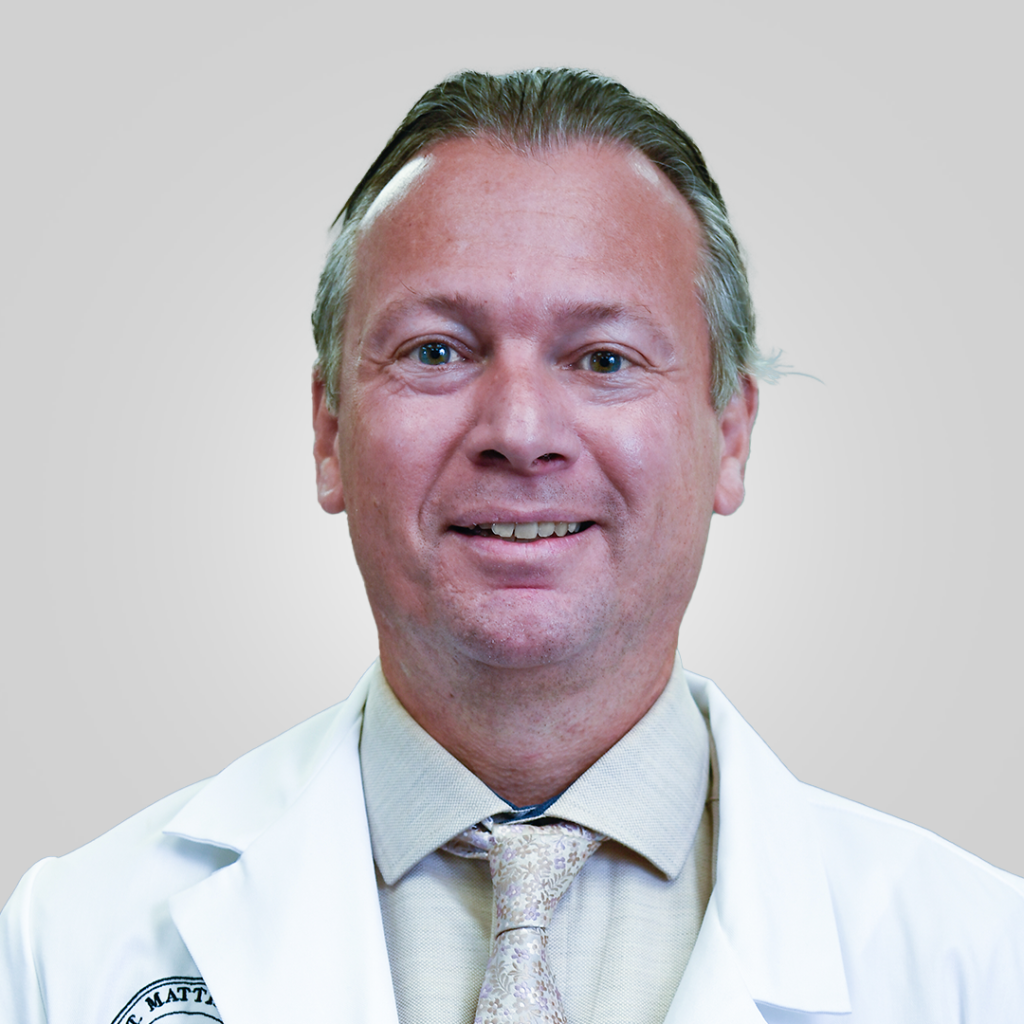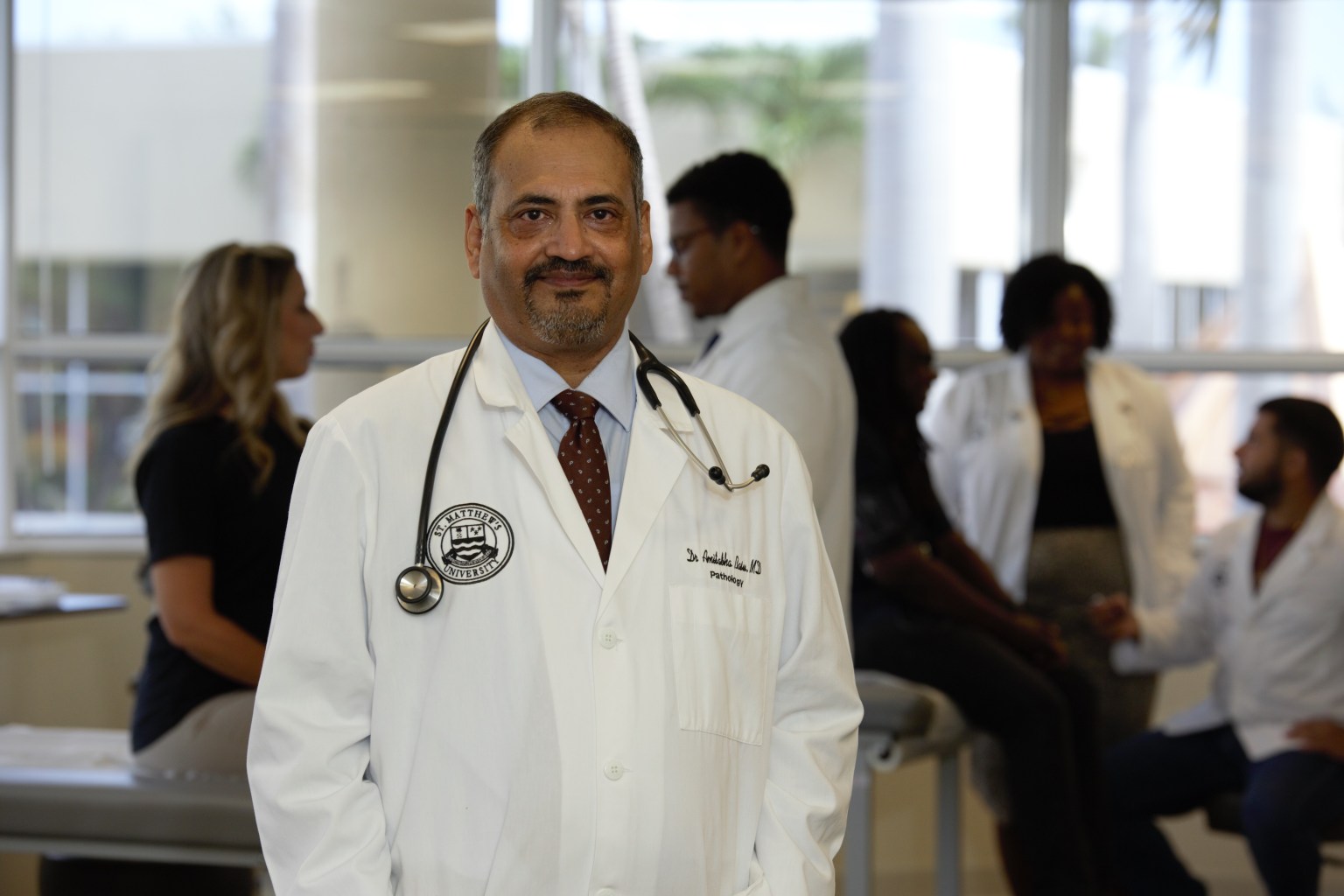
Rob Hilgers
School/Division: School of Medicine
Email: rhilgers@stmatthews.edu
Get to know St. Matthew's University at an upcoming event!


Read about the achievements of our Faculty Member
Dr. Hilgers’ research interests are mechanisms of endothelial dysfunction that result in cardiovascular complications, such as hypertension, atherosclerosis, and myocardial infarction. He is a reviewer for the American Journal of Hypertension and the American Journal of Physiology. In addition to being a researcher, Dr. Hilgers has academic teaching experience in the fields of Pharmacokinetics, Physiology and Pharmacology.
Dr. Hilgers received his PhD degree in Pharmacology at the University of Maastricht, the Netherlands. He has extensive academic research experience in the field of vascular biology, studying small artery vasoreactivity. His research has been published in many peer-reviewed scientific journals, including Hypertension and the Science Translational Medicine.
Dr. Hilgers’ research interests are mechanisms of endothelial dysfunction that result in cardiovascular complications, such as hypertension, atherosclerosis, and myocardial infarction. He is a reviewer for the American Journal of Hypertension and the American Journal of Physiology. In addition to being a researcher, Dr. Hilgers has academic teaching experience in the fields of Pharmacokinetics, Physiology and Pharmacology.
St. Matthew's curriculum was designed by U.S.-based faculty and parallels training at top U.S. medical schools. It involves ten semesters of concentrated academic and clinical study split between Basic Sciences and Clinical Sciences.